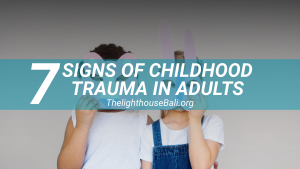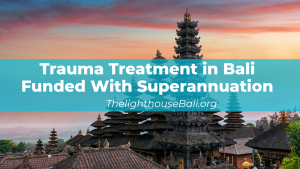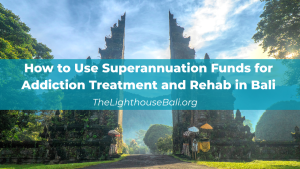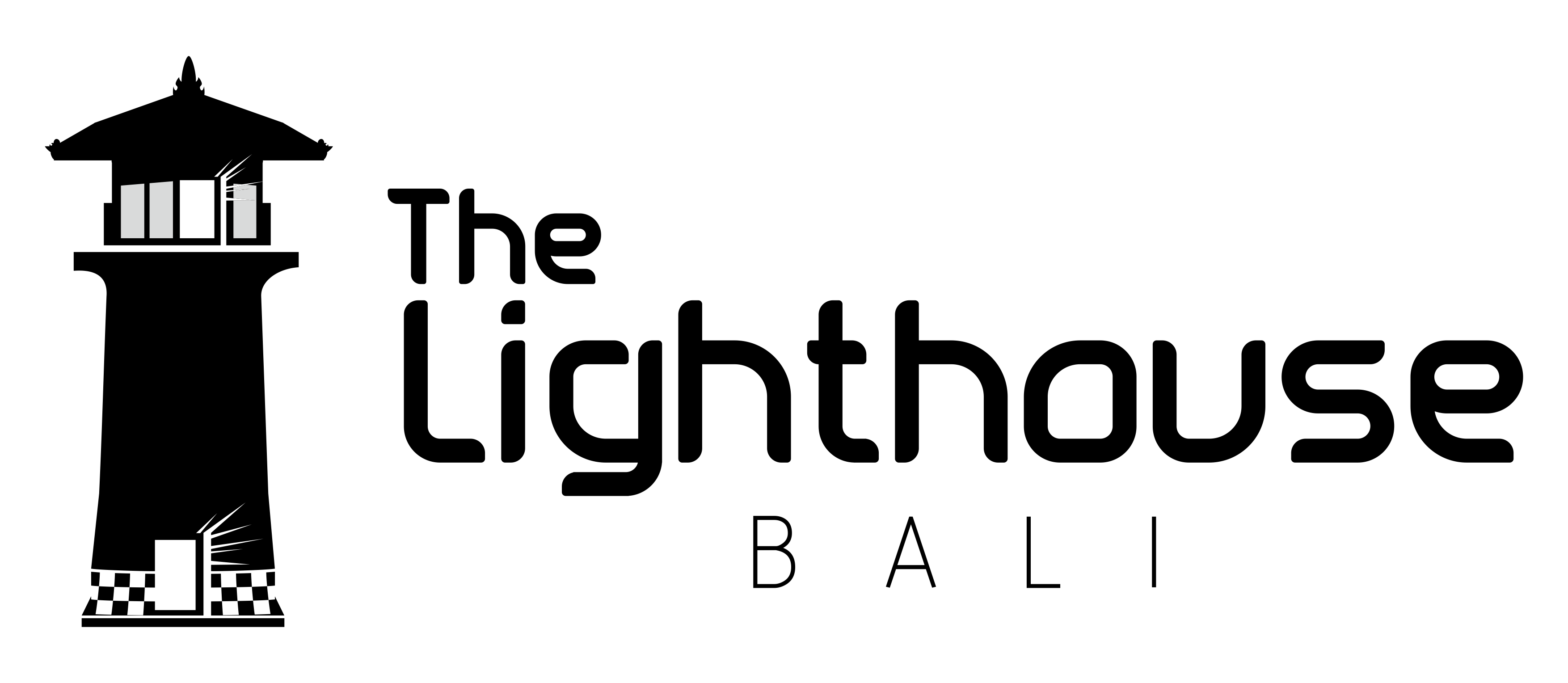
Bali might be well known for its party nightlife, but the island is also beginning to bloom as a center for drug and alcohol rehab centers where you’ll find thriving clean and sober communities of both expats and locals who offer each other support and friendship.
Bali might be well known for its party nightlife, but the island is also beginning to bloom as a center for drug and alcohol rehab centers where you’ll find thriving clean and sober communities of both expats and locals who offer each other support and friendship.
A quick search in Google on alcohol rehab in Bali will result in dozens of rehab centers offering addiction-recovery services and therapeutic communities.
There are some practical reasons why the island is gaining popularity for drying out and cleaning up beyond its strong spiritual roots and stunning natural beauty. The cost of drug and alcohol rehab in Australia, the United States and Europe make it financially out of reach for many and the added anonymity of traveling to another country is a big attraction for those who want to keep their private life exactly that.
Rehabilitation centers in Bali offer a range of programs, with by far the most popular being 28-day options in group facilities, which include an initial detox period followed by rehabilitation including counselling, exercise regimes and getting started on a 12-step program. Almost all rehab centers work closely with their local AA and NA (Alcoholics and Narcotics Anonymous) groups and take clients to regular meetings.
The majority of 28-day programs in Bali follow a similar method that involves clients giving up their cell phones and laptops in order to step away from the distractions and triggers of everyday life to focus completely on their recovery program. Prices and policies vary from center to center, as do the levels of personal focus and facilities.
Bali-based American rehabilitation expert, Alice Dill Prasetyoko, who has 23 years of sobriety and experience in both US and Southeast Asian treatment facilities, said people were all different and so were their recovery needs.
“It’s important to take into account individual needs and tailor-make a person’s recovery path around them. Not everyone can afford unlimited time away from the office, be offline and out of contact,” she said.
More basic programs include the cost of living in a communal rehab facility, which offers simple accommodation and a strong focus on group activities and participation, which reduces operational costs compared to those providing one-on-one support.
The success rate for those attending rehab centers in Bali and staying off drugs or alcohol for the initial 28 days is high compared to other areas world-wide. Some facilities have strict schedules for attending fitness classes, group sessions, group activities, communal meal times and set bed times.
Venturing outside of the facility is allowed on a restricted basis only and always with a staff member to ensure no “slip ups” along the way. However, the success rate for those remaining clean and sober after they return home is difficult to gauge. Reverse culture shock, sudden integration back into old lifestyles and habits can possibly be followed by a relapse.
Alice believes that the more a person is closeted away and removed from their daily life, the more they risk being “shell shocked” when they inevitably return to it.
“Gradual re-integration is key to ongoing success beyond the rehabilitation facility,” she said.
Jakarta expatriates are also among those who are trading their party trips to Bali for time away from the city in order to overcome addiction problems and embark on paths of healthier (and happier) living.
An ex-Jakarta expat who asked to remain anonymous said life in Jakarta was not easy and relocation could be extremely stressful. She said that at first she was terrified of admitting to having a problem but once it was out, the relief was immense.
“I am now five months sober after my initial recovery in Bali and I have never looked back. My life has changed beyond recognition, I am happy and I have the respect of family, friends and peers,” she said.
Sober travel is a great way to see the world, broaden your horizons and experience different cultures and ways of life. However, it can also present unique challenges to your sobriety, especially if you are new to sober living. To help ensure your next trip is a success here are some suggestions that you might find useful:

She didn’t want to attend a group facility, so she took a private rehab in The Lighthouse Bali Rehab in Sanur, which offers personalized programs.
“I could actually keep working too and was able to keep my phone and laptop. I had an amazing team around me who also helped me with getting back into daily living,” she said.
Accommodation in The Lighthouse is offered in private villas according to clients’ budgets and needs. Counseling and therapy is on a one-on-one basis and clients are able to maintain contact with the outside world. Schedules are made in partnership with the client and allow for office work and other commitments.
Alice said the thought of giving up alcohol or drugs can be terrifying and when coupled with the knowledge of inability to be able to give up through willpower alone, a person can begin to feel imprisoned and at a loss.
“If anyone is struggling with controlling their drug use or drinking they should seek immediate help. It’s a difficult step to take but one which ultimately saves relationships, families and lives,” she said.
This article was originally posted on the online Jakarta Post:
Original Jakarta Post article
Learn More

7 Signs of Childhood Trauma in Adults
Childhood experiences shape how we see ourselves, relate to others, and respond to stress. While many adults may not identify as “traumatised,” early life challenges can quietly influence emotional patterns, relationships, and physical health. This article explores seven subtle signs of childhood trauma in adults and why understanding these responses is an important step toward healing

Trauma Treatment in Bali Funded With Superannuation
Trauma treatment in Bali offers a peaceful environment and intensive, personalized programs that support recovery from PTSD and emotional trauma. Superannuation can often be accessed early on compassionate grounds to help fund this treatment when public services cannot provide the required level of care.
At The Lighthouse Bali, clients receive evidence-based therapies, holistic healing, and private accommodation, along with full support throughout the Superannuation application process. With the right professional guidance, meaningful trauma recovery is fully achievable, and early access to super can make high-quality treatment more accessible.

How to Use Superannuation Funds for Addiction Treatment and Rehab in Bali
Accessing your Superannuation to fund addiction treatment is an investment in your health, future, and freedom.
At The Lighthouse Bali, we specialise in helping Australians release their Super with ease, ensuring the process is fast, compliant, and stress-free.
Our team in Australia can guide you through every step from eligibility to approval, so you can begin your personalised recovery journey in Bali with confidence and peace of mind.
